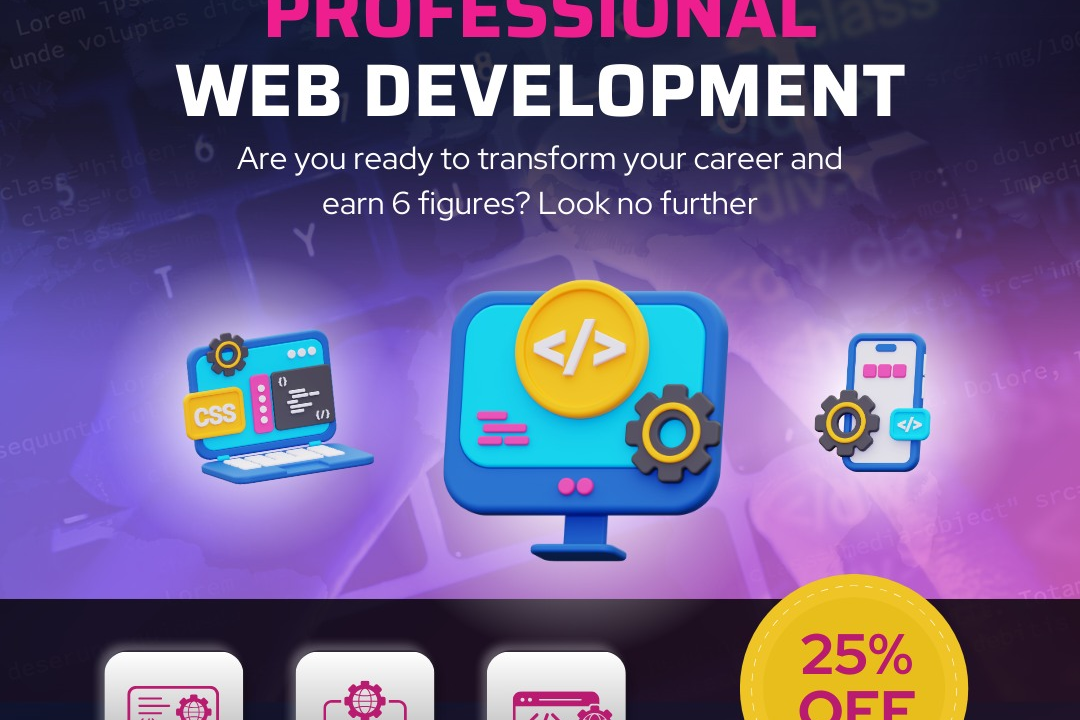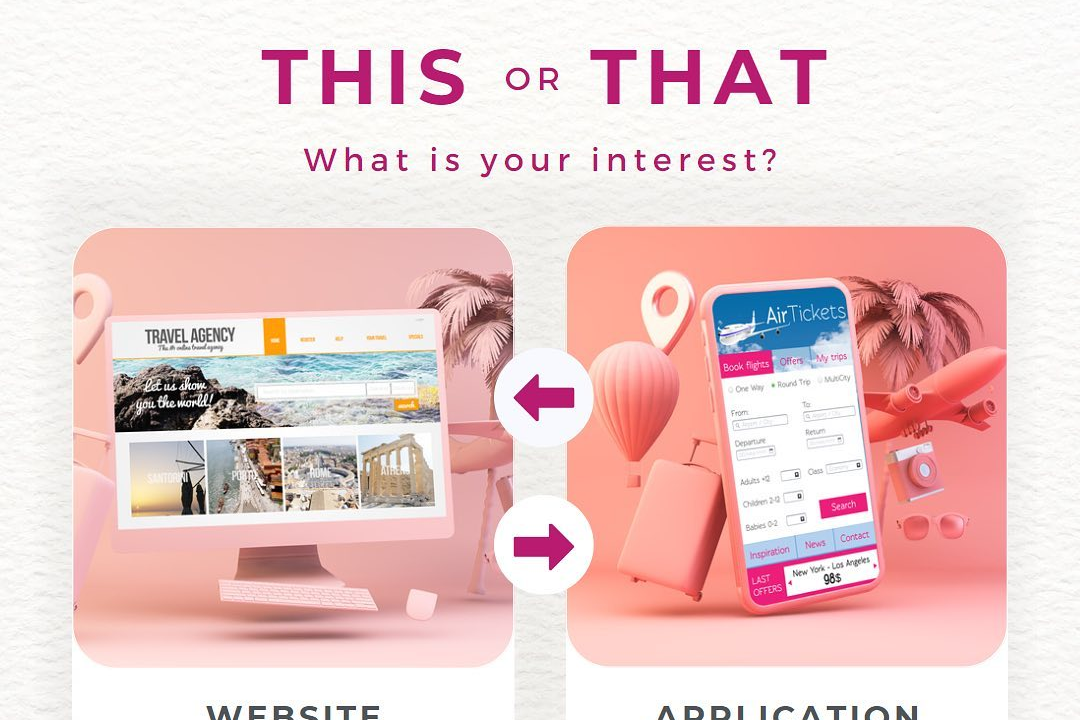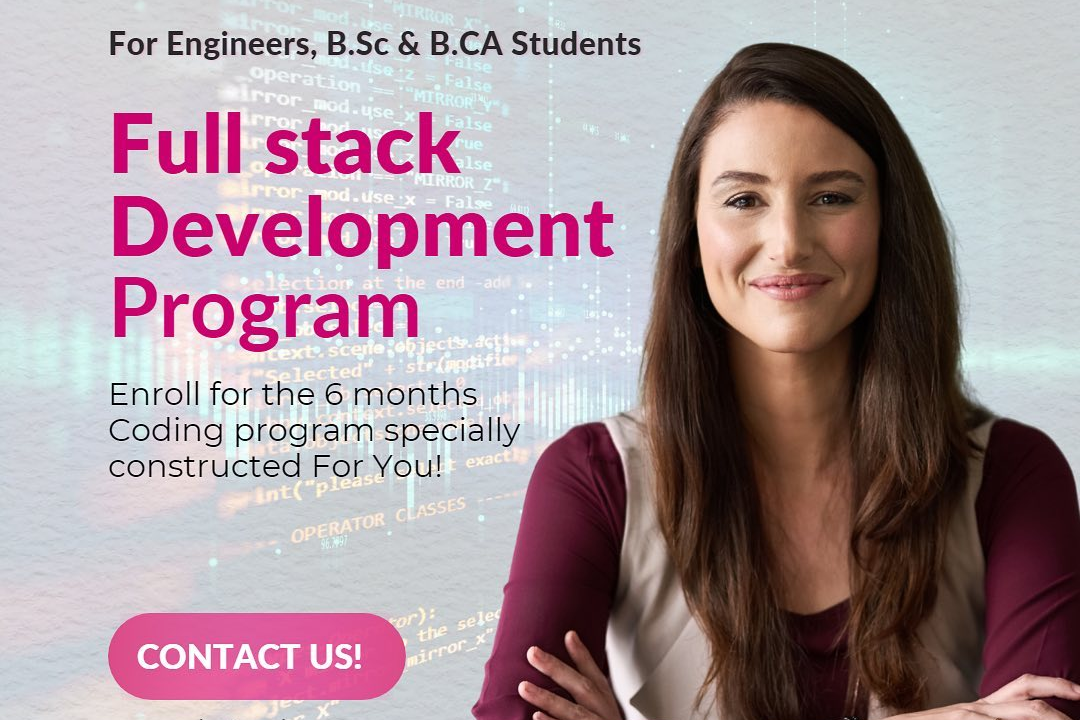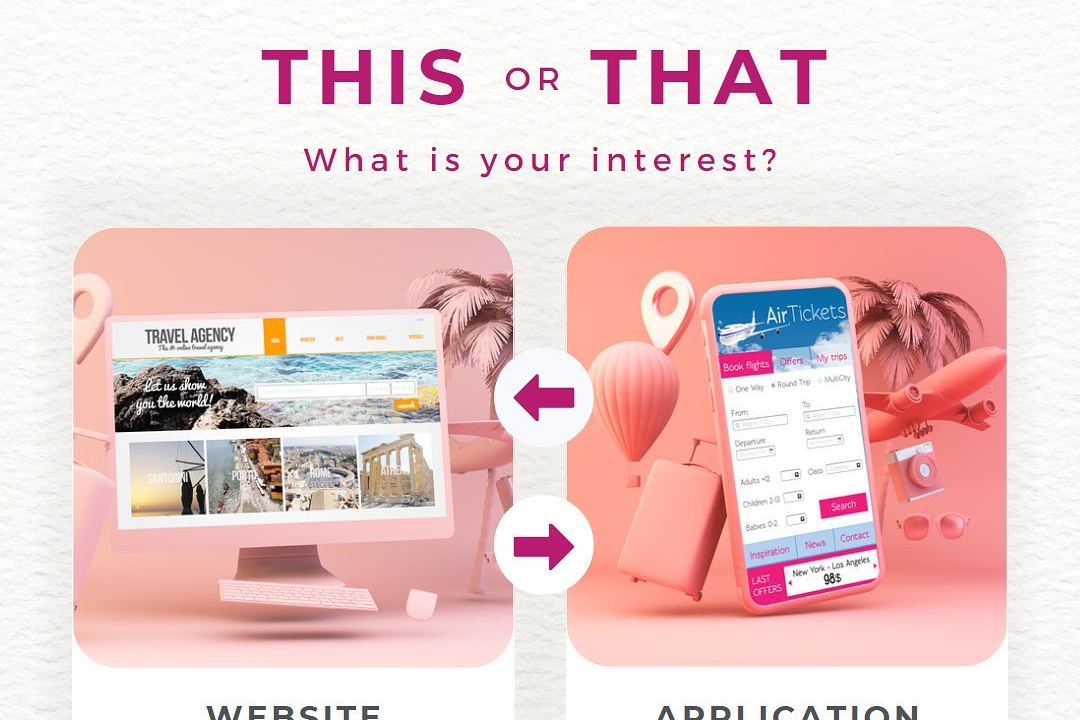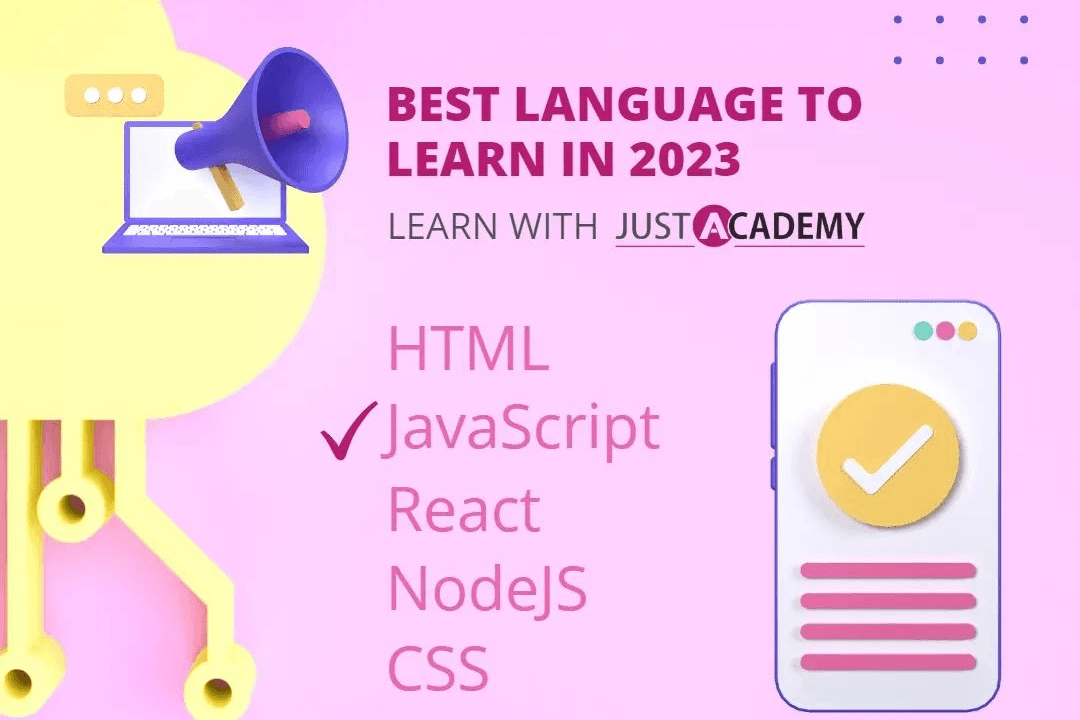Flutter With Bloc/Cubit Interview Questions
Flutter BLoC/Cubit Interview Questions and Answers
Flutter With Bloc/Cubit Interview Questions
Flutter's Bloc and Cubit libraries are powerful state management tools that simplify the handling of complex state within Flutter applications. They promote separation of concerns, making it easier to maintain and test code. Bloc provides a more robust and scalable state management solution for larger applications, while Cubit offers a lightweight and easy-to-use approach for smaller projects. Both Bloc and Cubit encourage the use of immutable state, ensuring that state changes are predictable and easier to reason about.
To Download Our Brochure: https://www.justacademy.co/download-brochure-for-free
Message us for more information: +91 9987184296
1 - Explain the concept of Bloc/Cubit in Flutter.
Bloc/Cubit are state management patterns for Flutter that provide a way to manage complex state in a maintainable and predictable manner. Blocs are for managing global state, while Cubits are for managing local state.
2) Describe the lifecycle of a Bloc/Cubit.
Blocs/Cubits have a lifecycle that includes initialization, disposing, and emitting new states.
3) What are the benefits of using Bloc/Cubit?
Benefits include improved code organization, simplified state management, increased testability, and better performance.
4) How can you handle errors in a Bloc/Cubit?
Errors can be handled by using the `Bloc.onError` method or by implementing an `Error` state.
5) Describe how you would test a Bloc/Cubit.
Blocs/Cubits can be tested using unit tests and integration tests to verify their behavior and functionality.
6) How can you optimize the performance of a Bloc/Cubit?
Performance can be optimized by using memoization, avoiding unnecessary state updates, and carefully managing subscriptions.
7) What is the difference between a StreamBuilder and a BlocBuilder?
StreamBuilder listens to a stream and rebuilds the widget whenever the stream emits a new event, while BlocBuilder listens to a Bloc/Cubit and rebuilds the widget whenever the state changes.
8) How can you implement complex asynchronous operations in a Bloc/Cubit?
Complex operations can be handled by using sagas, effects, or combineLatest streams.
9) What are the best practices for structuring a Bloc/Cubit?
Best practices include using a consistent naming convention, keeping the code concise and organized, and separating concerns into different classes or files.
10) How can you use Bloc/Cubit to handle user events?
User events can be handled by creating event classes and mapping them to state changes in the Bloc/Cubit.
11 - What is a BlocProvider?
BlocProvider is a widget that provides a Bloc/Cubit to its descendants.
12) Describe the difference between a Bloc and a Redux Store.
Blocs are event driven and have a more explicit state management model, while Redux Stores are action driven and have a more centralized state model.
13) How can you integrate Bloc/Cubit with other state management libraries?
Bloc/Cubit can be integrated with other libraries by using adapters or bridges to convert between different state management models.
14) What are some common pitfalls to avoid when using Bloc/Cubit?
Common pitfalls include over using state, not handling errors properly, and not optimizing performance.
15) How can you keep your Bloc/Cubit code maintainable and scalable?
Maintainability and scalability can be improved by using a modular architecture, separating concerns into different classes or files, and writing clean and concise code.
Participate Actively:
- Engage in discussions, ask questions, and provide thoughtful answers.
- * Create and share high quality content, including articles, videos, and infographics.
- * Collaborate with other users on projects and initiatives.
- Earn Reputation Points:
- * Receive upvotes on your content and comments.
- * Get positive feedback from other users for your contributions.
- * Become a trusted and respected member of the community.
- Join Groups and Challenges:
- * Join groups related to your interests and actively participate in them.
- * Participate in challenges and contests to earn points for completing tasks.
- Complete Quests and Achievements:
- * Check the “Quests” section of the platform for tasks you can complete to earn points.
- * Unlock achievements by reaching certain milestones or completing specific actions.
- Referrals and Invitations:
- * Invite friends and colleagues to join the platform using your referral link.
- * Earn points for each successful referral or invitation.
- Moderate and Manage Content:
- * If you have moderator permissions, report inappropriate content and assist in maintaining the quality of the platform.
- * Helping to improve the user experience can also earn you points.
- Rewards and Gamification:
- * Many platforms offer rewards and incentives to encourage users to earn points.
- * Check the terms and conditions to see what rewards are available and how to redeem them.
- Consistency and Long Term Engagement:
- * Regularly participate in the platform and maintain a consistent presence.
- * Building a track record of valuable contributions will help you accumulate points over time.
- Additional Tips:
- Be patient:* Earning points takes time and consistent effort.
- Focus on quality:* Submit high quality content and provide thoughtful contributions.
- Network with other users:* Connect with others who share your interests to build relationships and support your efforts.
- Stay updated:* Check for updates and changes to the point system to optimize your earning strategy.
- Course Overview
- Master the essential concepts and best practices of Flutter, Bloc, and Cubit with our “Flutter with Bloc/Cubit Interview Questions” course. Designed for developers preparing for technical interviews, this course covers fundamental principles, architecture, state management techniques, testing strategies, and common interview scenarios to equip you with the knowledge and confidence needed to excel in your interviews.
- Course Description
- Ace your Flutter interviews with our comprehensive course, “Flutter with Bloc/Cubit Interview Questions.” Master the intricacies of state management with Bloc and Cubit, exploring topics such as bloc architecture, event handling, state updates, testing, and advanced concepts. Enhance your knowledge and boost your confidence to excel in technical discussions and secure your dream Flutter role.
- Key Features
- 1 - Comprehensive Tool Coverage: Provides hands-on training with a range of industry-standard testing tools, including Selenium, JIRA, LoadRunner, and TestRail.
- 2) Practical Exercises: Features real-world exercises and case studies to apply tools in various testing scenarios.
- 3) Interactive Learning: Includes interactive sessions with industry experts for personalized feedback and guidance.
- 4) Detailed Tutorials: Offers extensive tutorials and documentation on tool functionalities and best practices.
- 5) Advanced Techniques: Covers both fundamental and advanced techniques for using testing tools effectively.
- 6) Data Visualization: Integrates tools for visualizing test metrics and results, enhancing data interpretation and decision-making.
- 7) Tool Integration: Teaches how to integrate testing tools into the software development lifecycle for streamlined workflows.
- 8) Project-Based Learning: Focuses on project-based learning to build practical skills and create a portfolio of completed tasks.
- 9) Career Support: Provides resources and support for applying learned skills to real-world job scenarios, including resume building and interview preparation.
- 10) Up-to-Date Content: Ensures that course materials reflect the latest industry standards and tool updates.
Benefits of taking our course
Functional Tools
- Flutter: An open source UI framework for building mobile apps for iOS and Android. It uses Dart, a modern programming language, to create native like apps.
- 2. Bloc/Cubit: A state management library for Flutter that helps manage the state of the UI in a reactive way, ensuring consistent and predictable UI behavior.
- 3. Mocks and Stubs: Dummy implementations of classes or interfaces used in testing to isolate the behavior of specific parts of the code and test them independently.
- 4. TDD (Test Driven Development): A software development approach where tests are written before the actual code, helping catch bugs early and ensure the code meets the requirements.
- 5. CI/CD (Continuous Integration and Continuous Delivery): A practice in software engineering that involves automating the building, testing, and deployment of code changes, ensuring faster and more reliable software delivery.
- 6. Agile Methodology: An iterative and incremental software development approach that focuses on delivering working software quickly and adapting to changing requirements.
- Play more games: The more you play, the more points and rewards you can earn.
- Complete daily challenges:* Most games offer daily challenges that give you points for completing them.
- Connect with friends:* Many games offer bonus points for connecting with friends and playing together.
- Join a clan or guild:* Clans and guilds often offer rewards for participating in activities and completing challenges.
- Use power ups:* Power ups can help you complete levels and games more quickly, which can lead to more points.
- Upgrade your gear:* Upgrading your gear can make you more powerful in the game, which can help you earn more points.
- Learn the game mechanics:* Understanding the game mechanics can help you play more efficiently and earn more points.
- Join online communities:* Joining online communities dedicated to the game can give you access to tips and strategies for earning more points.
- Watch videos and ads:* Some games offer bonus points for watching videos and ads.
- Participate in events:* Games often host special events that offer bonus points for completing challenges and participating in activities.
Browse our course links : https://www.justacademy.co/all-courses
To Join our FREE DEMO Session:
This information is sourced from JustAcademy
Contact Info:
Roshan Chaturvedi
Message us on Whatsapp:
Email id: info@justacademy.co



